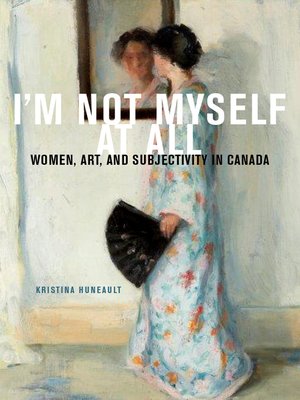I'm Not Myself at All
ebook ∣ Women, Art, and Subjectivity in Canada · McGill-Queen's/Beaverbrook Canadian Foundation Studies in Art History
By Kristina Huneault

Sign up to save your library
With an OverDrive account, you can save your favorite libraries for at-a-glance information about availability. Find out more about OverDrive accounts.
Find this title in Libby, the library reading app by OverDrive.



Search for a digital library with this title
Title found at these libraries:
| Library Name | Distance |
|---|---|
| Loading... |
Notions of identity have long structured women's art. Dynamics of race, class, and gender have shaped the production of artworks and oriented their subsequent reassessments. Arguably, this is especially true of art by women, and of the socially engaged criticism that addresses it. If identity has been a problem in women's art, however, is more identity the solution? In this study of nineteenth- and early twentieth-century art in Canada, Kristina Huneault offers a meditation on the strictures of identity and an exploration of forces that unsettle and realign the self. Looking closely at individual artists and works, Huneault combines formal analysis with archival research and philosophical inquiry, building nuanced readings of objects that range from the canonical to the largely unknown. Whether in miniature portraits or genre paintings, botanical drawings or baskets, women artists reckoned with constraints that limited understandings of themselves and others. They also forged creative alternatives. At times identity features in women's artistic work as a failed project; at other times it marks a boundary beyond which they were able to expand, explore, and exult. Bringing together settler and indigenous forms of cultural expression and foregrounding the importance of colonialism within the development of art in Canada, I'm Not Myself at All observes and reactivates historical art by women and prompts readers to consider what a less restrictive conceptualization of selfhood might bring to current patterns of cultural analysis.







